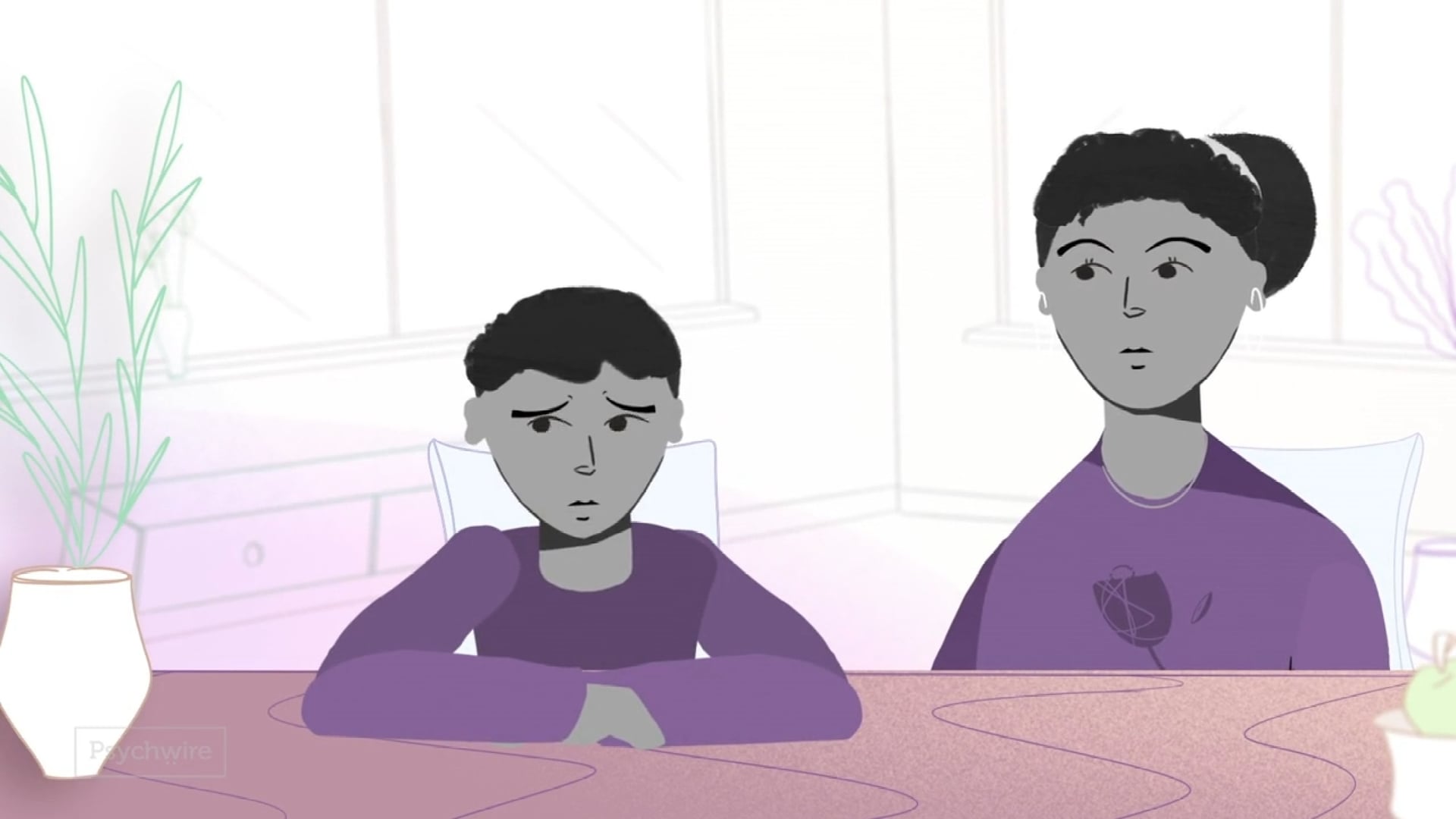
Validation Misunderstood
 DBT Skills for Adolescents and Families
DBT Skills for Adolescents and FamiliesSo validation refers to conveying that another person's reaction or emotion makes sense. And particularly that it makes sense given how the other person is seeing or experiencing a particular situation. What we see again and again is that many people actually misconstrue the skill of validation. They think it has a different definition even after you've defined it for them.
They often think it's something else like reassurance or praise. So for example, Kate comes home and says, I'm really upset because I think I failed my test today. And the validating comment and response that's actually a misunderstanding of what validation is might be a reassuring comment like Oh, you're so smart. I bet you did fine. And we have to point out that that might be a sweet thing to say But if someone's very sad and anxious and disappointed because they think they failed a test, saying I'm sure you did fine will actually intensify those emotions and they will not feel understood or taken seriously.
So it's not reassurance. It's also not praise. So we also wanna catch people making the mistake of saying, oh, you're such a good kid and you're such a good student. Don't worry about it. You're a superstar. You're gonna be just fine. There's a little reassurance in there too, but there's also a lot of praise and people think validation is being nice. It's not being nice. Sometimes validation is actually saying, well, if you didn't prepare for the test, like you just told me, and you're really a afraid that you failed it.
That must feel horrible. I could see why you'd be really worried about that. The validating comment is actually much more powerful in showing the other person that you take their emotions and their reaction seriously. The other thing that comes up is that people cannot resist problem solving. A cave comes home says to a parent. I'm really upset because I think I failed my test and I'm so ashamed and I'm so anxious and I just feel so disappointed in myself.
And the parent launches into, well, what can we do? Can you go to your teacher first thing tomorrow morning and ask about getting some extra help or seeing if there's a way to do a makeup exam or get extra credit so you can pick up your grade. So that might be all well and good if the teen said to the parent Can you help me solve this problem? But if they're really just expressing their emotions and wanna connect to the other person and are looking for some kind of acknowledgement of how they feel. That strategy of going to problem solving will actually misfire And then the parent might be confused while their perfectly good suggestions are being rejected and their kid seems to be getting even more emotional.